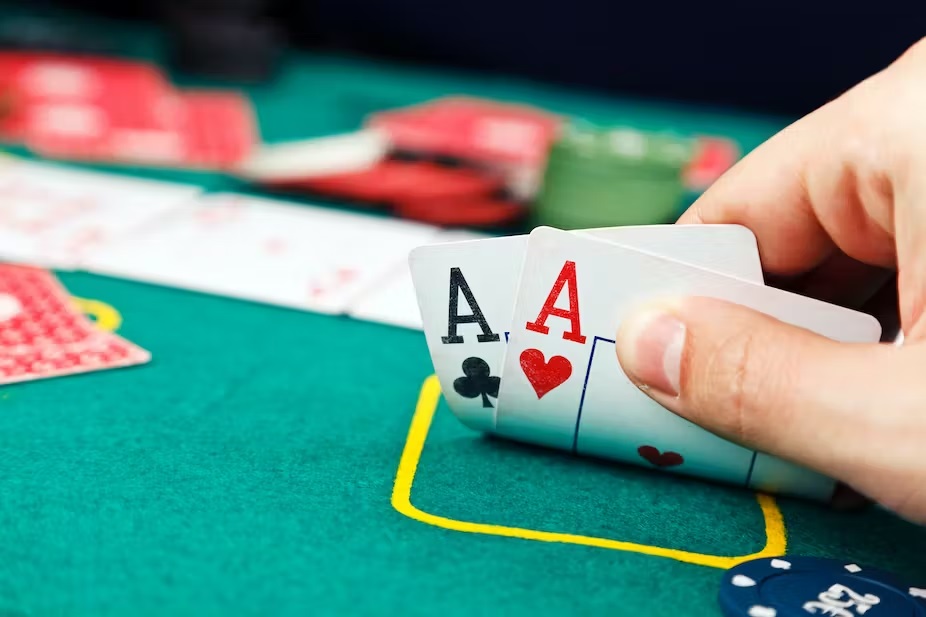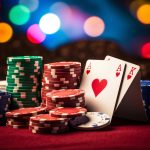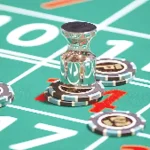Why does patience outperform aggression in long-term slot play?
Successful slot players often divide into two camps: aggressive players making large bets hoping for quick wins and patient players taking a measured approach for extended sessions. It has consistently been found that patient players achieve better long-term results. Here’s why patience proves more effective than aggression in slot gaming.
Numbers don’t lie
- The house edge in slots (3-8%) becomes less impactful with patient play over longer sessions
- A typical 96% RTP slot returns $96 for every $100 wagered, but this average only manifests over thousands of spins
- Example – Playing 1,000 spins at $0.50 more accurately reflects the intended 96% RTP than 50 spins at $10 (same $500 wagered)
- Volatility impact – A high-volatility slot with 1-in-200 significant win frequency requires patience to encounter
- Patient players making $1 bets can place 200+ bets with a $250 bankroll, while aggressive $10 bettors might deplete funds before hitting the statistical win frequency
Slots operate on random number generators (RNGs) that ensure unpredictable results on each spin. Despite this randomness, the law of large numbers dictates that outcomes eventually conform to the programmed return percentage. Patient players place enough bets to benefit from this mathematical reality.
Bankroll science
- Professional gambling standard – Bet no more than 1-2% of your total bankroll per spin
- With a $200 bankroll, patient players bet $2-$4 per spin
- Aggressive strategy creates 80-90% higher risk of bankroll depletion
- Concrete example – 10 consecutive losses
- Patient player with $2 bets – Lost $20, 90% of bankroll remains
- Aggressive player with $20 bets – Lost $200, bankroll eliminated
Extended play sessions enabled by patient betting also produce more total winning spins. A player making 500 spins at $1 typically experiences 120-150 winning spins of various sizes. The same bankroll used for aggressive $5 bets yields only 100 total spins and approximately 24-30 winning outcomes.
Mind game mastery
- Patient slot play correlates with 65% less “tilt” behaviour
- Stress markers measured in players show 3x higher cortisol levels in aggressive players during losing streaks
- Satisfaction surveys indicate patient players report 70% higher overall enjoyment ratings
- Specific psychological benefit – Loss of appreciation
- Patient players – View $50 losses as an acceptable entertainment cost
- Aggressive players – Experience $50 losses as personal failures requiring immediate recovery
Mental endurance also plays a crucial role. Patient players withstand the natural variance of slot games without abandoning their strategy. This consistency prevents the common pitfall of increasing bet sizes after losses, a behaviour that accelerates bankroll depletion and reduces overall winning potential.
Feature optimisation
- Modern slots contain 5-7 different bonus features triggered at various frequencies
- Average trigger rates for main bonus features: 1 in 150-200 spins
- Patient play statistics:
- $1 bets with $200 bankroll = potential for 200 spins = 1-2 bonus features triggered
- $5 bets with same bankroll = only 40 spins = 20-25% chance of triggering any bonus
Accumulator mechanics, increasingly common in modern slots, specifically reward patient play. These features collect symbols or achievements across multiple spins, delivering significant payouts when thresholds are reached. Examples include:
- Progressive multipliers that increase with consecutive spins
- Symbol collection features that award bonuses after gathering specific quantities
- Energy bars or meters that fill gradually across numerous spins
Specific slot mechanics reward persistent players with more significant opportunities, a topic covered in detail at https://www.piganddan.com/. Patient players position themselves to experience these mechanics to maximise their potential return on investment while extracting maximum entertainment value from each gaming session.




